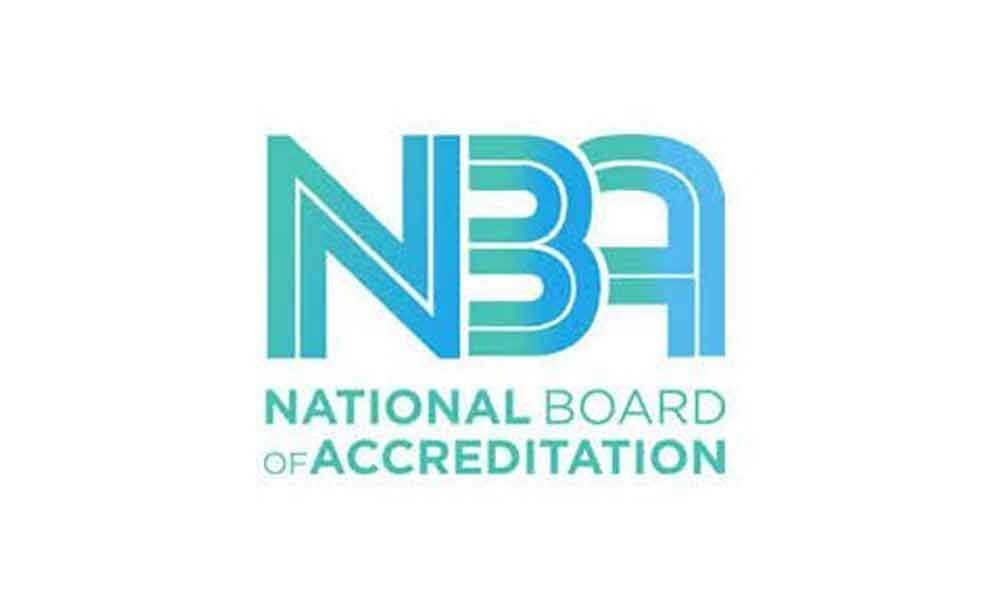Electrical & Electronics Engineering
As one of the first few departments to be set up in the year 1958, the Electrical and Electronics Engineering Department offers a diploma certificate for students who complete the course.
The three years’ course is designed to provide a broad foundation in electrical and electronics engineering and its different applications such as the generation, storage and distribution of electricity, semiconductor technology, biomedical applications, industrial automation, digital media, and computer aided drafting.
The students are trained in practical courses involving testing and maintenance of electrical machinery and their controls, estimation and set up of electrical wiring in buildings and houses, communication systems, power generation, and control and transmission devices for electric utilities. In electronics engineering, students are familiarised with design of electronic devices, components and circuits. The students are taught to extend the basic principles of electrical engineering and apply them in the manufacture and design of electronic components, circuits and devices.
The students are encouraged to become practically skilled through hands-on training in the laboratories designed for the purpose. The courses are also designed to enhance practical experience by collaborating with leading industries.
The laboratories designed for the purpose of training students are state of the art and facilities are upgraded frequently so that they provide the right ambience for the students to move in tandem with the latest technologies.
Course Objectives
- To turn around highly competent diploma engineers in the field
- To instil the need to follow ethical practices while carrying out their profession
- To provide the right technical ambience for complete evolution of the students into technically confident professionals
- To help students apply their knowledge in the highly demanding field of renewable energy development
- To incite the thirst for knowledge in students to make lifelong learning a habit
- To enable students to stay current by allowing continuous interaction with industry experts
- To improve communication and interpersonal skills in the students which help them to assume leadership roles in the future and enable them to work as part of multidisciplinary global teams
List of Laboratories
- Basic Electric Engineering Workshop
- Electrical Workshop Practice
- Electrical Measurements Laboratory
- Industrial Electrical Engineering Laboratory
- Computer Aided Drafting Lab
- DC Machines Lab
- AC Machines Lab
- Electronics Lab
- Industrial Automation Lab
